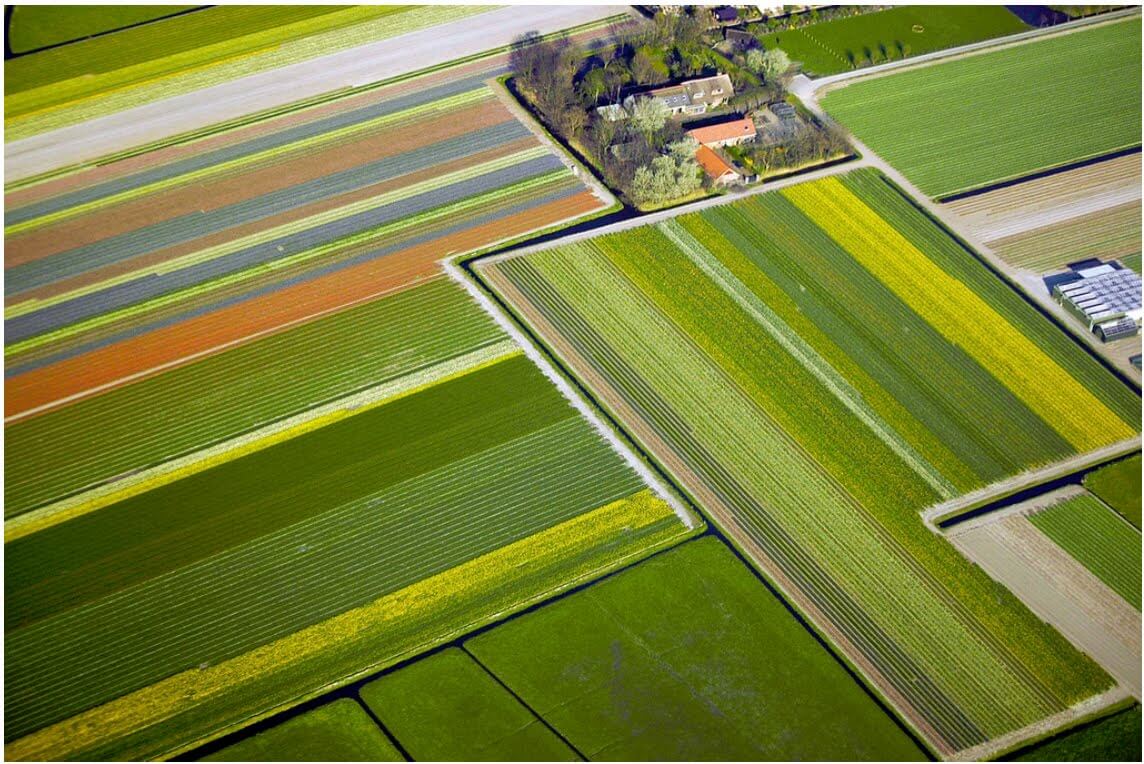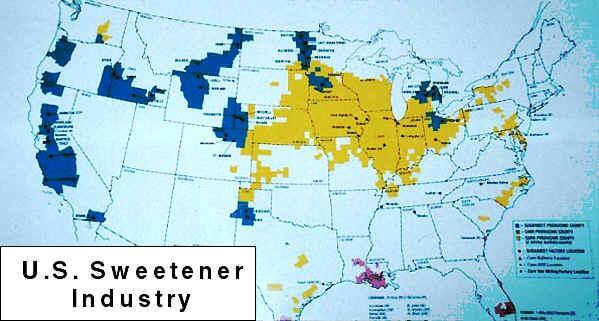Organic food should catapult itself to being a $105 billion industry by next year. Times are good, they have a target market that is educated by advertising, an organic standard that is controlled by organic farmers (so any time they want to add yet another synthetic exemption to the dozens and dozens of exemptions they have already given themselves, they can just do it) and for their shoppers, price is no object.
There is no surprise spot testing of organic farms so once a sticker is purchased, consumers are really just engaged in an article of faith about the product and the level of pesticide residues it may have and whether or not the toxic chemicals on it are synthetic or organic.
Things are not bad for conventional farming either. Thanks to science, sugar beet levels are setting record levels, even with a drought and cold weather.
In Michigan, sugar beet farming predates the automobile industry and it is a lot healthier today as well. The U.S. midwest is America’s “sugar bowl” in a literal way.
Source: Maph by Randy Schaetzl, Professor of Geography – Michigan State University
How strong has science made sugar? Michigan is harvesting 4.8 million tons more than processors can handle. The Michigan Sugar Co. co-op produces 1 billion pounds of sugar from beets per year but may ask farmers not to send any more.
What to do? Ask Kellogg’s to roll out a new line of Sugar Frosted Chocolate Bombs?




Just a couple of corrections in an otherwise great article…
First, the organic industry is not controlled by organic farmers. It’s controlled by urban organic activists.
There is no spot testing. This is true. But you said, “There is no surprise spot testing of organic farms.” Better to simply say there is no testing, surprise or otherwise, because there is none.
There is only occasional testing of end product which is like testing an Olympic athlete after he goes home after the games. Useless.
This can’t be true. We are told all the time that GMOs do not improve yields. Right?
For some years the Ark Soybean assoc had sponsored a prize of $50,000 to any farmer that could top 100 bushels an acre. Last year, 2 farmers had to split it. This year it is $10,000 prize and still splittable.